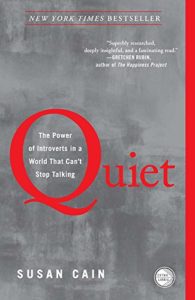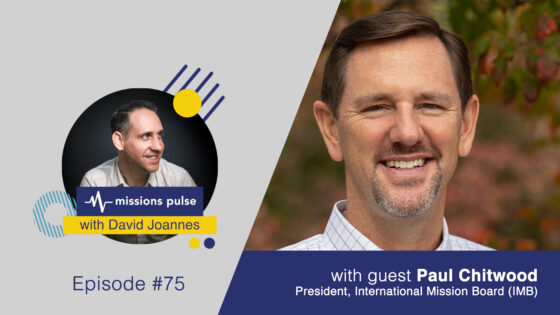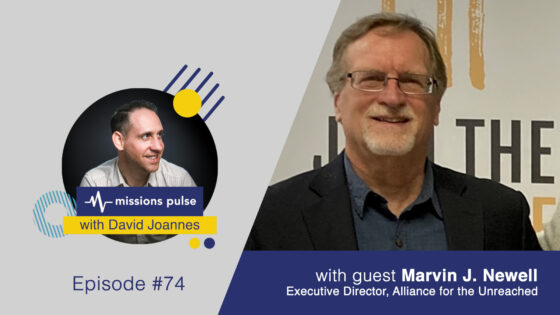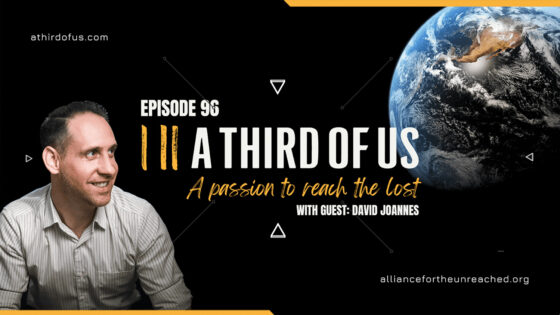
Date read: 09.02.2017. How strongly I recommend it: 10/10.
Quiet: The Power of Introverts in a World That Can’t Stop Talking by Susan Cain on Amazon.
See my Kindle highlights here.
(Note: This post contains affiliate links, which means that the ministry of Within Reach Global will receive 4.50% of your total purchase from Amazon.)
TARGET AUDIENCE
As a child, I was extremely shy and awkward. Add to that fact that I homeschooled my entire life… well, you get the picture! At age fifteen I traveled to Russia on a short-term missions trip. It was then that I was unwittingly forced out of my introverted tendencies. After all, the spotlight was shining and someone with bold evangelistic guts had to take the stage. Or so I presumed. In similar fashion, many introverts have shied away from their natural tendencies and sought to make up for their supposed inadequacies. The author concurs: “It makes sense that so many introverts hide even from themselves. We live with a value system that I call the Extrovert Ideal—the omnipresent belief that the ideal self is gregarious, alpha, and comfortable in the spotlight.” Whether you are naturally extroverted or are an introvert battling this conundrum, this book is sure to reveal a whole new insight into the value of what the author calls “quietness.”
CONTENT QUALITY
This book explores the power of the quiet introvert or more aptly stated, those with a tendency toward sensitivity. But that doesn’t sound quite right. It’s too obtuse and derogative. Instead, the author states that “alertness, sensitivity to nuance, complex emotionality—turn out to be highly underrated powers.” That’s better. Now at least we’re on the right track! “In this book, we’ll see how figures like Eleanor Roosevelt, Al Gore, Warren Buffett, Gandhi—and Rosa Parks—achieved what they did not in spite of but because of their introversion.” For, the author continues, “Some of our greatest ideas, art, and inventions—from the theory of evolution to van Gogh’s sunflowers to the personal computer—came from quiet and cerebral people who knew how to tune in to their inner worlds and the treasures to be found there.” This conversation is one that has often been left in the dust in the typically Western “Culture of Personality.”
MESSAGE CLARITY
Through a series of biographical explorations the author unearths deep truths about introverted types. “Extroversion,” she says, “is an enormously appealing personality style, but we’ve turned it into an oppressive standard to which most of us feel we must conform.” The message that she communicates is poignant—there is a lot we miss when we focus solely on type A personalities. The reader comes to appreciate the power of the introvert—a term even the author admits a sense of antipathy towards. I came to feel the same.
CREATIVE STYLE
This book is not what I expected. It is a rich observation of how juxtaposed personality types blend together harmoniously. The author elaborates: “America had shifted from what the influential cultural historian Warren Susman called a Culture of Character to a Culture of Personality—and opened up a Pandora’s Box of personal anxieties from which we would never quite recover.” Her creative take on the issue at hand is that “we should actively seek out symbiotic introvert-extrovert relationships, in which leadership and other tasks are divided according to people’s natural strengths and temperaments. The most effective teams are composed of a healthy mix of introverts and extroverts, studies show, and so are many leadership structures.”
LANGUAGE SELECTION
Professionally written and flawlessly presented, this book is second to none on a much-overlooked topic. The human personality is not a static entity but rather a multi-faceted masterpiece. The author beautifully articulates how the melding together of contrasting personality tendencies creates an innovative potential with the power to transform the world. “If we’re capable of such flexibility,” she ponders, “does it even make sense to chart the differences between introverts and extroverts? Is the very notion of introversion-extroversion too pat a dichotomy: the introvert as sage philosopher, the extrovert as fearless leader? The introvert as poet or science nerd, the extrovert as jock or cheerleader? Aren’t we all a little of both?” I concur with this assessment. The single story is a dangerous one, for God in His infinite wisdom created human beings in His glorious image and to hastily label such works of art would be detrimental both to ourselves and to the world.
OVERALL IMPACT
As I read this book I caught glimpses of my own potential, tendencies, and flaws. I came to accept myself—and those around me—as unique threads in the overall tapestry of life. There is always more than meets the eye. The author concludes with these thoughts: “Whoever you are, bear in mind that appearance is not reality. Some people act like extroverts, but the effort costs them in energy, authenticity, and even physical health. Others seem aloof or self-contained, but their inner landscapes are rich and full of drama. So the next time you see a person with a composed face and a soft voice, remember that inside her mind she might be solving an equation, composing a sonnet, designing a hat. She might, that is, be deploying the powers of quiet.”
10 POINT RATING
I give Quiet a 10/10.


